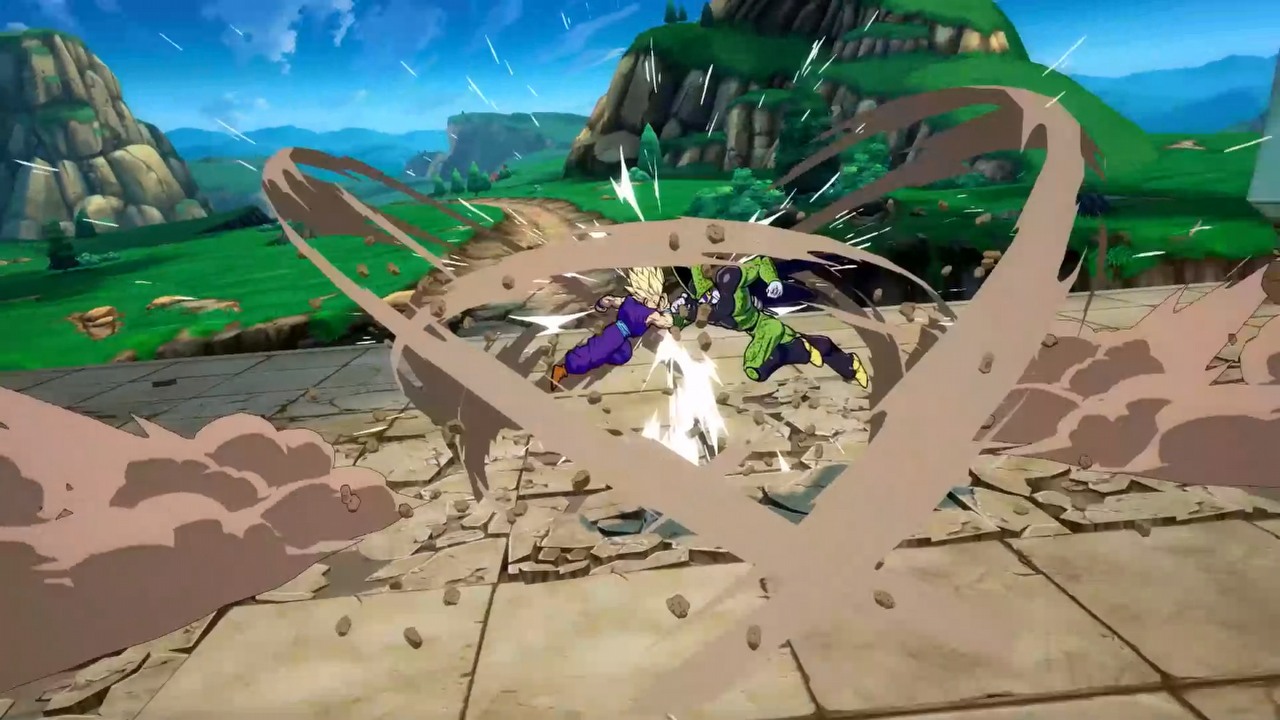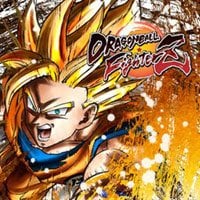What is Rollback Netcode in DBFZ
Dragon Ball FighterZ is about to have its network code revamped. What is a rollback netcode? What does it mean for the game? Here you will learn all you need to know.

A lot of people growing up in the 90s are familiar with Dragon Ball. This anime influenced pop culture and is alive even today. Of course, this universe is an amazing ground for a fighting game, and indeed there have been many created. One of them that has peaked in interest recently is Dragon Ball FighterZ, which will be given an interesting, yet rather vague in its name, solution – rollback netcode. If you are also unsure what that means, no worries as we’ve got you covered.
- Current version of a netcode in DBFZ
- What is rollback netcode in Dragon Ball FighterZ
- Is the rollback netcode better than delay based?
Current version of a netcode in DBFZ
It has been recently announced that DBFZ in its Public Beta Test version will receive an important update to its netcode – a specific type of it, known as rollback. Let’s see what the current solution is.
To start from the very beginning and as a quick reminder – netcode is a term used most commonly by players of online productions and it basically refers to an implementation of network services in a game. Poorly developed network solutions will be immediately noticeable by packet loss and high latency resulting in lags and other inconsistencies.
As of now, FighterZ uses delay-based netcode. Simply put, before any action is presented on either of players’ screens and executed, the commands that the players have input have to reach their opponent’s machine. As the name suggests, it introduces delay, which if either of the combatants has poor network connection, can lead to freezes before both players actions are synchronised and the game can continue.
This solution is fairly easy to implement, yet is not ideal for games which require precise, time-sensitive inputs, which undoubtedly are fighting games, like Dragon Ball FighterZ.
What is rollback netcode in Dragon Ball FighterZ
Now comes the rollback netcode, which is about to be implemented in DBFZ. It differs from delay-based netcode, as in its principle it does not wait for synchronization between players as they make moves. All the commands are executed without any delays (but the hardware ones of course), and opponent’s action are predicted.
After the prediction is done, when the other player’s information arrives, either one can happen:
- If the prediction is correct, the game continues as normal without any changes providing seamless experience.
- In case it is wrong, the rollback happens (hence the name), and the game is brought back to its previous state and then proceeds.
With all those steps completed, then comes the synchronisation between players.
This allows for no visible delays while controlling your character thanks to which the game feels snappier and more responsive. It is unfortunately not perfect though, as when the latency between the participants grows, incorrect predictions can result in visible “jumps” which can get more and more confusing, the bigger the latency.
Is the rollback netcode better than delay based?
As you can see this implementation of rollback netcode is more complex and requires specific game design that saves its states to be able to roll them back. Shift from delay-based to rollback type might require significant changes to game engine, as it will have to allow for the game to “go back in time” if the prediction was incorrect.
It can also happen that a hybrid between the two is introduced which makes the jumps happening from rollback version less noticeable, yet we are unsure if that’s what will be done in the case of DBFZ. Nevertheless, this is an important change for this title, as it will hopefully allow for better players’ experience and the title will become more competitive.
0

Author: Aleksander Kartasinski
Just a random from the depths of the internet who happens to be interested in video games like millions of other people on this planet. By sheer luck he was given a chance to write about them. Worked in IT department and supported users for way too long, but also given a chance to do some IT magic on a large scale in his free time. Interested in technology, games with intriguing mechanics, etymology, and linguistics.
Latest News
- Larian Studios dispels doubts about Divinity once and for all. New RPG may follow in Baldur's Gate 3's footsteps, but release is a long way off
- Ellie from The Last of Us inspired the creature in Bruce Straley's new game
- Larian Studios CEO explains generative AI use in development of Divinity
- Kojima Productions celebrates its big 10th anniversary with an upgraded Ludens
- They didn't conquer TGA, but they were still very successful. Now they are thanking the fans in the best possible way


